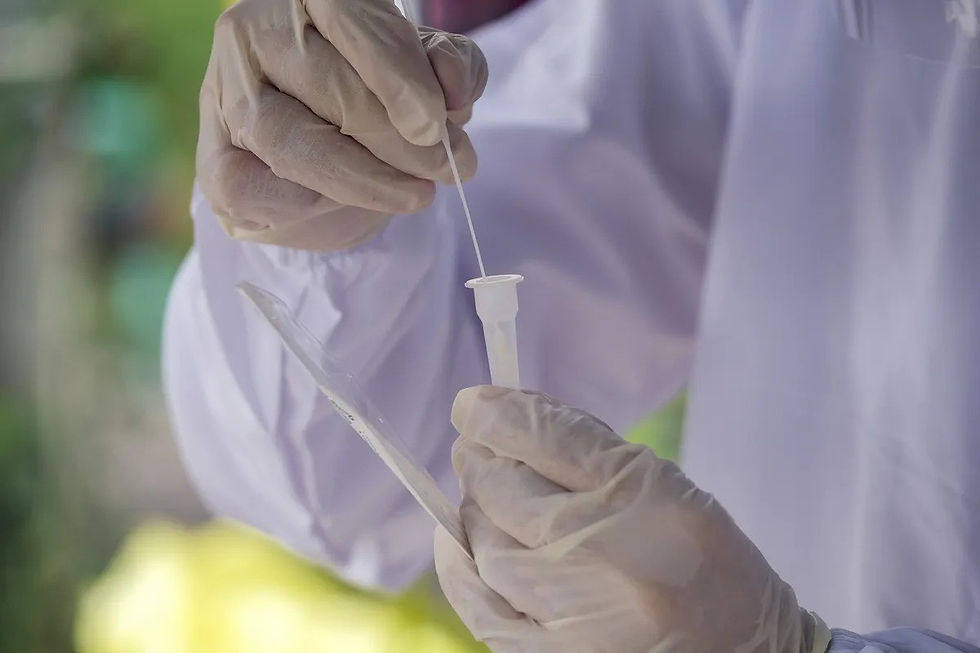Singapore Leads Regional Push to Prevent Future Pandemics with Innovative Sewage Surveillance Program
- Rahaman Hadisur

- Jul 6, 2025
- 2 min read
Hadisur Rahman, JadeTimes Staff
H. Rahman is a Jadetimes news reporter covering Asia

As global vigilance over pandemic preparedness fades, Singapore is stepping up, training health specialists from across Southeast Asia in a cost-effective and often overlooked method of early disease detection: wastewater surveillance.
In the five years since COVID-19 shook the world, momentum behind pandemic prevention has waned. Vaccination rates are slipping, early warning systems have degraded in many nations, and health budgets are under pressure due to sluggish global economic growth. Amid this backdrop, Singapore is positioning itself as a regional leader in outbreak prevention through a pragmatic and science-driven approach.
Each year, health professionals from Southeast Asia travel to Singapore to participate in training programs led by Duke-NUS Medical School and the city-state’s National Environment Agency. There, they engage in unglamorous but essential work: collecting sewage samples from manholes around the city and testing them for viral genetic markers. The aim? To detect outbreaks before clinical symptoms emerge.
Sampling an entire neighborhood’s wastewater costs less than $40 and doesn’t rely on doctor visits or individual testing. This method, while simple, is powerful, offering an early glimpse of viral circulation within communities often before a single hospital admission is recorded.
“If we are able to keep neighboring countries safe, Singapore is also safe,” said Teo Yik Ying, dean of the Saw Swee Hock School of Public Health at the National University of Singapore.
With one of the busiest international airports, a large foreign workforce, and an export-reliant economy, Singapore remains particularly vulnerable to imported infections. Meanwhile, climate change is expected to accelerate the spread of diseases, heightening the urgency for robust surveillance systems.
Yet Singapore can’t fill the global gap alone. Recent cuts to US and European health aid programs once crucial in global vaccination and outbreak monitoring have made regional solutions more important than ever. While Singapore’s training initiative can’t replace the billions of dollars once spent abroad, it offers a sustainable model that other nations may follow.
“Singapore’s program is not a panacea,” Kan writes, “but it is the kind of effort that could be vital the next time an outbreak emerges.”
As global public health systems face mounting challenges, Singapore’s hands-on approach, bolstered by strategic regional partnerships and smart investment in detection infrastructure, could offer a vital first line of defense in the world’s next pandemic battle.











































Comments